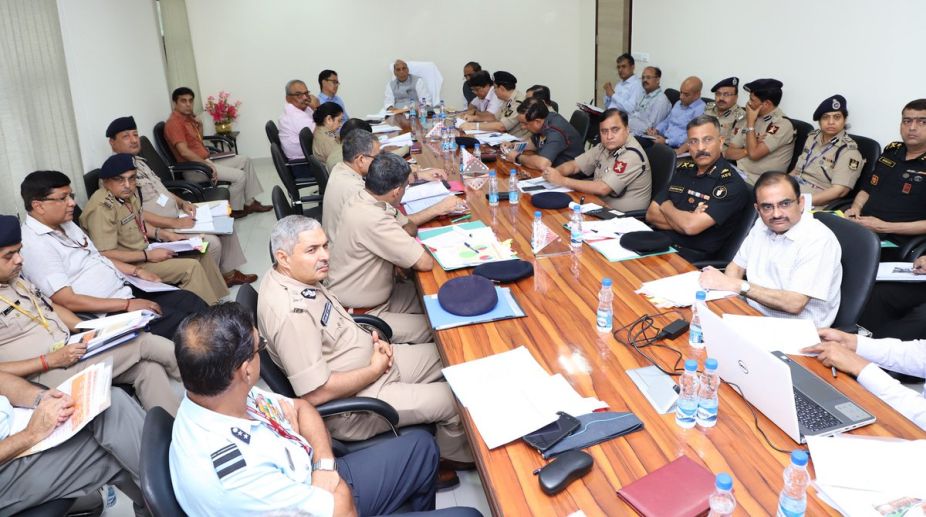There is every reason to commend the decision of the Cabinet Committee on Security to overturn an earlier recommendation of the Finance Commission and resume funding the states for modernisation of their police forces.
For despite the states now getting a larger share of the national kitty they were hard-pressed to allocate enough money to upgrading their police ~ certainly not enough to “show” on the ground, without any lessening of demands for deployment of the CAPF (Central armed police forces) to counter situations common enough to be dubbed “routine”.
Advertisement
And that often had a political spin-off, some states alleging that they were being discriminated against when their demands were not fully conceded. The Home Minister’s unveiling of a Rs 25,060-crore “umbrella scheme” for the next three financial years ought to address the problem ~ provided the states “play ball” and come up with the Rs 624 crore expected as their contribution.
The scheme is elaborate: covers internal security, maintenance of law and order, security for women, upgrades of weapons and equipment, mobility including the hiring of helicopters, and integrated with other schemes for prison reform, data-base management, wider use of forensics etc ~ though it is a moot point if the funds provided will cover such a wide range of activity.
As important as financial allocations, however, is monitoring the utilisation of the money ~ in the past the funds for modernisation were “diverted” or went unspent. State governments are very sensitive to external supervision of the working of their police, but North Block must muster the political courage to try and ensure that every rupee is utilised wisely, this is not an open-ended “revolving fund” that the CCS has cleared.
The leadership of the state police would do well to supervise the expenditure, exert pressure on their governments to continue with modernisation if and when Central funding is abolished. It needs little repetition to confirm the poor state of several police forces, and their leadership is often guilty of putting political patronage above the basic duty to protect the lives and property of the citizen.
Strong state police forces would be in the Centre’s interest: as “first responders” (to use a term very popular in America) the local police is capable of not only controlling crime but containing unrest ~ even political unrest ~ before it assumes serious dimensions.
Even when tackling insurgencies and militancy their “local” knowledge adds the cutting edge to the CAPF, and even the Army when it is requisitioned in aid of civil authority. Unfortunately many state governments “duck” tricky political situations by seeking Central assistance when that is not really necessary, passing on the buck as it were.
The short point being that police reform is more than a money matter: quality leadership on Raisina Hill also has its role to play.











